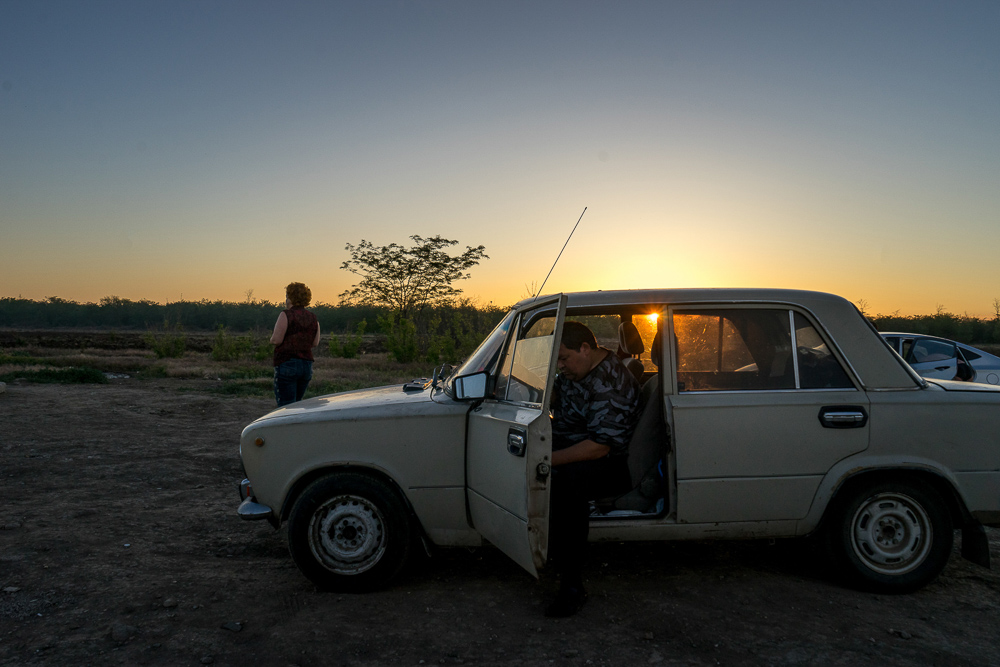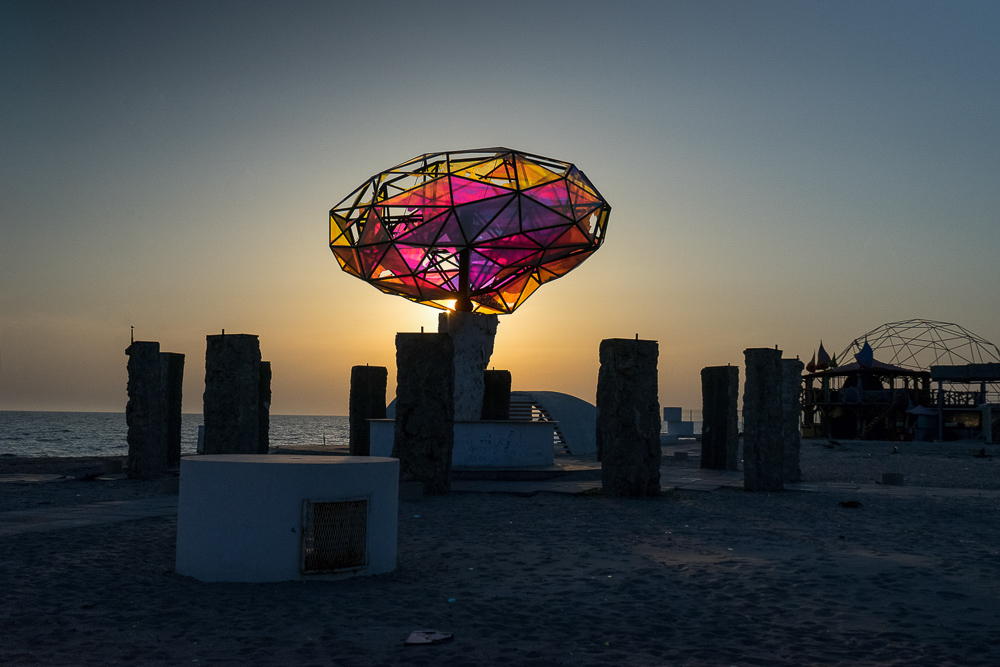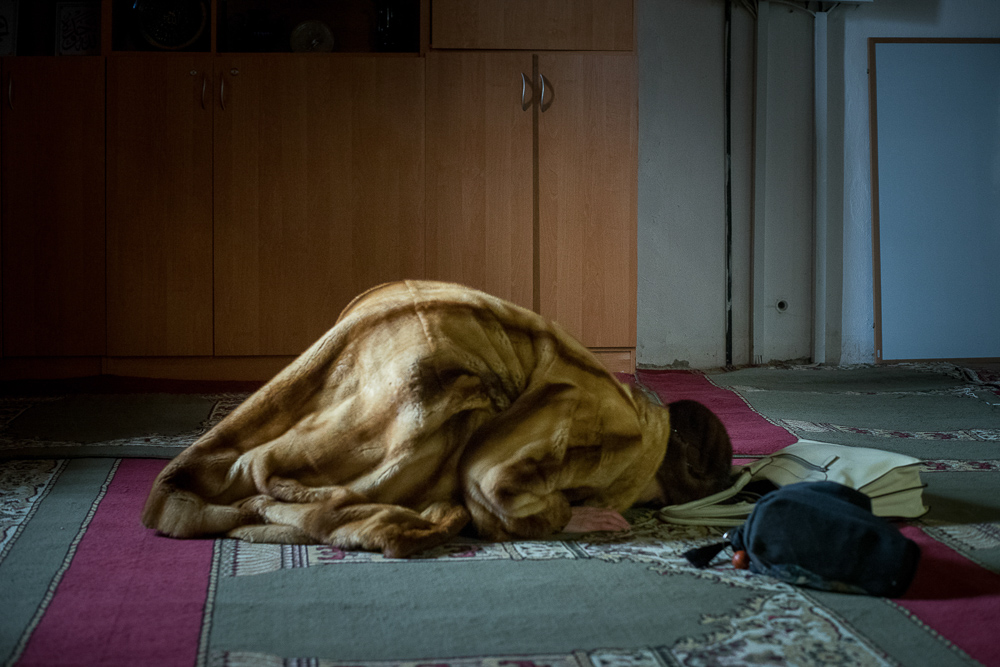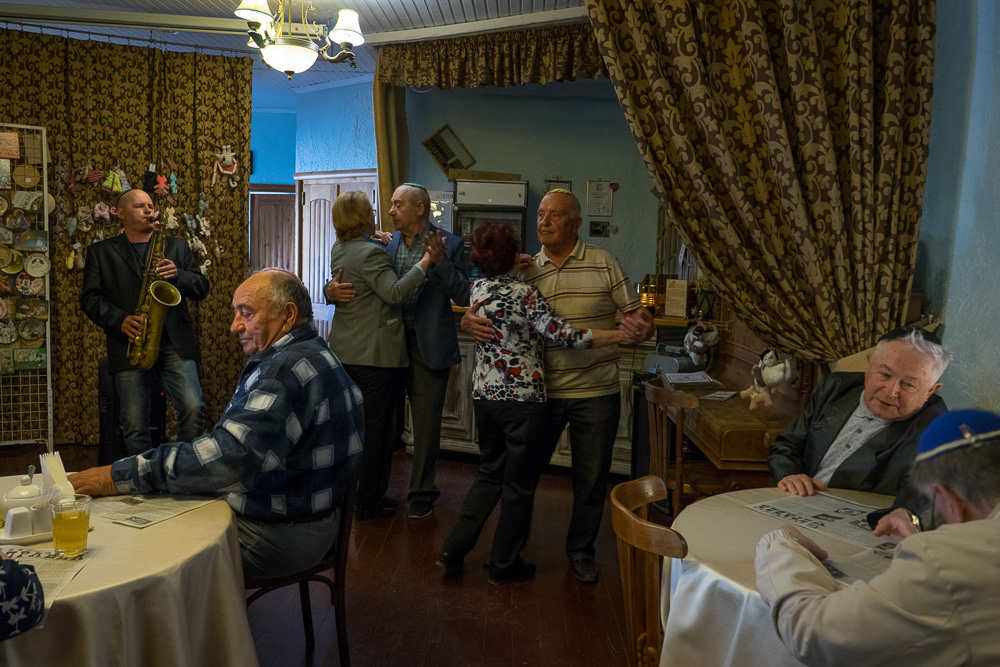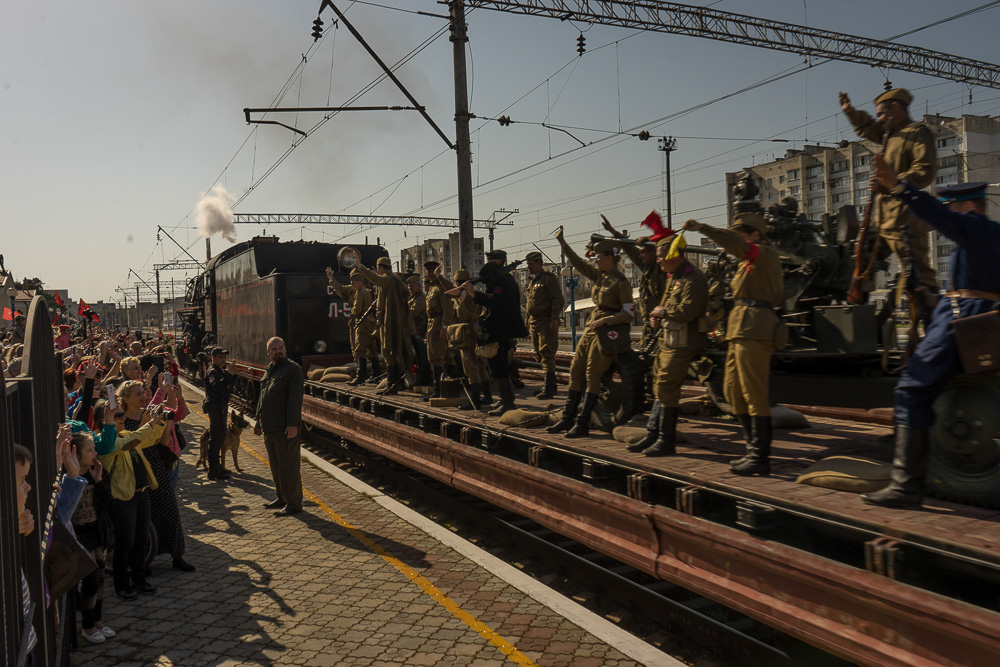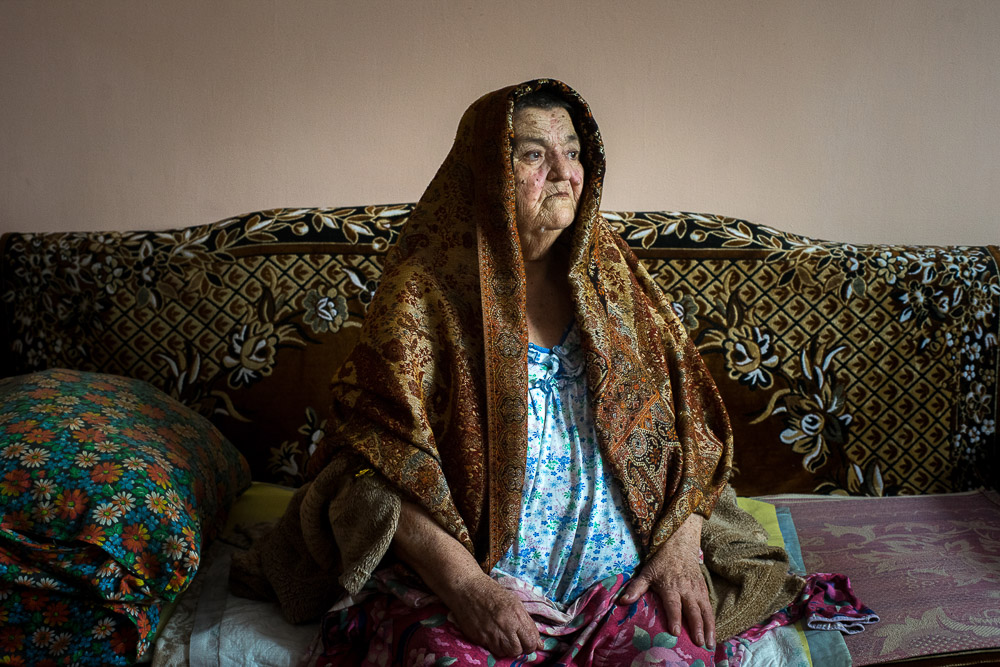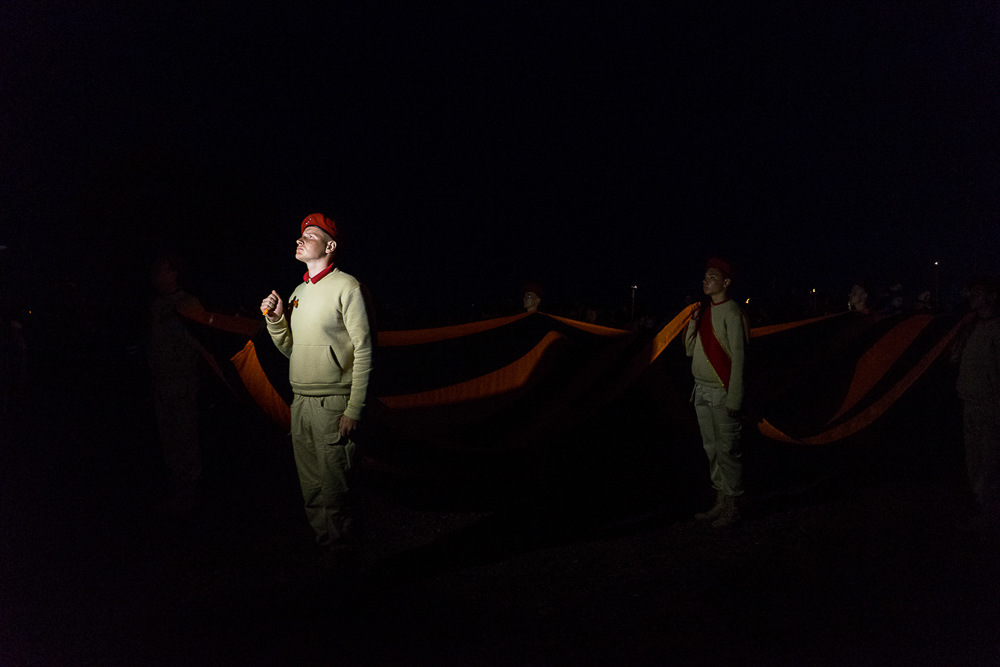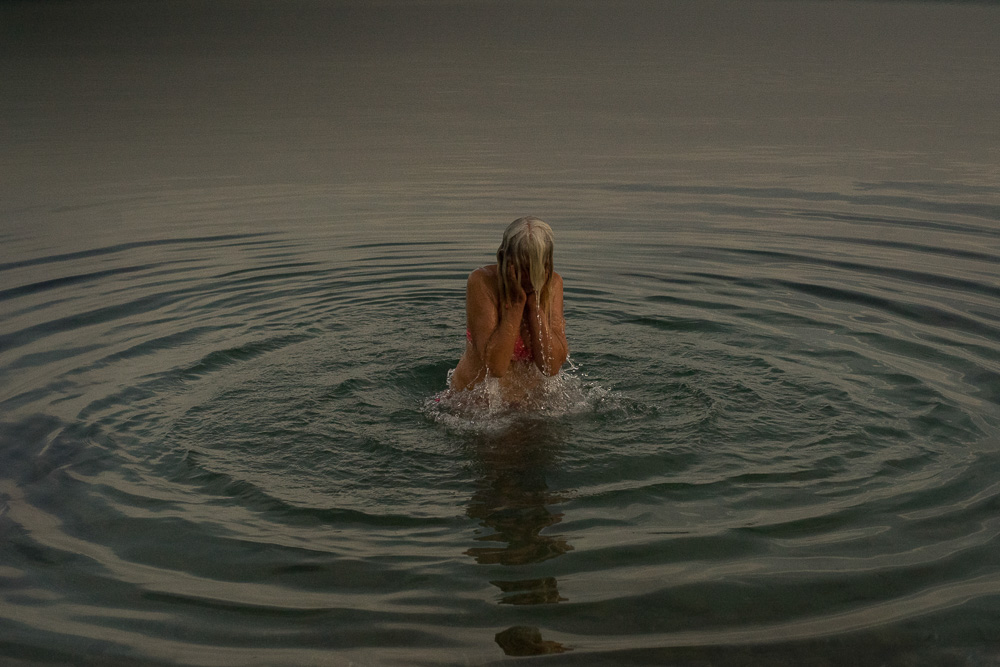featured artist
Stanislava Novgorodtseva —The Island of Crimea
When I was a child, Crimea always seemed like a sacred, apolitical place. It was an island with distinctive mythology and traces of ancient civilizations. It was there that I saw the sea for the first time. The Crimean peninsula draws its own identity from a melting pot of peoples. In the year 1783, this place of different cultural and religious practices became part of the Russian Empire and gained fame for being the location of the Tsar’s residence. Following the creation of the Soviet Union, Crimea would reframe itself as no longer a place of relaxation for the elite, but instead a Soviet people’s resort. After the collapse of the Soviet Union, the peninsula became part of Ukraine, and in March 2014 was incorporated into Russian territory. Crimea would then become known as the centre of the main political conflicts of the past five years. Sanctions and individual restrictions on the territory of Crime have increased the sense of isolation. Within the realms of childhood and local mythology came the interference of a new political stratum.
Stanislava Novgorodtseva is a documentary photographer and visual storyteller born in Moscow in 1989. The work focuses on the themes of ethnic identity, mythology and manipulation, the relationship of personal and social. The School of Modern Photography Docdocdoc graduate. Winner of the Alexander Yefremov Press Photo Contest, 1st prize, Russia, 2018. Nomenee of International Photography Grant, 2018. Participant of the Nikon-Noor Academy 2018, Hungary. Grand Prix at the PHD Photography and Design Festival, 2018. Winner of the LensCulture Visual Storytelling Awards 2019. Finalist of Rovinj Photodays 2019. Her work was selected as a Critical Mass Top 200 Finalist in 2019.
For more information, please contact Stanislava Novgorodtseva at: snovgorodtseva@ya.ru or visit: novgorodtseva.com



